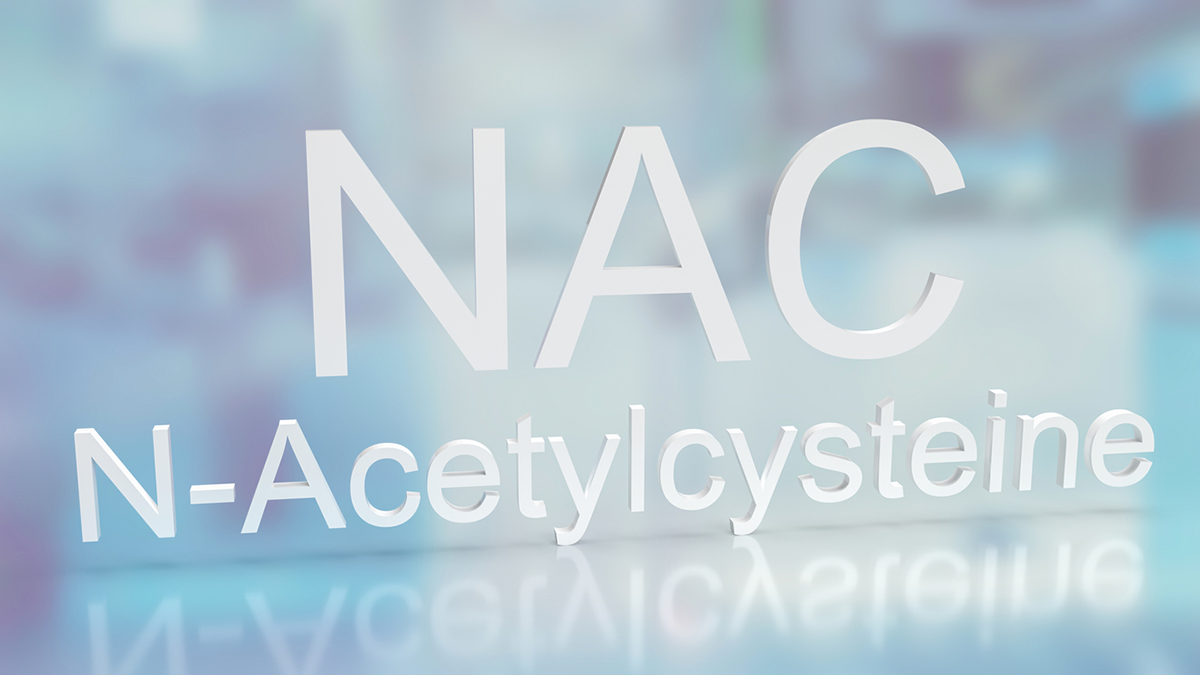Agency’s action sets dangerous precedent that FDA may take other dietary ingredients off the table as well
MARCH 31, 2022
Washington, D.C.—The Council for Responsible Nutrition (CRN), the leading trade association for the dietary supplement and functional food industry, today issued the following statement on FDA’s decision regarding the legal status of n-acetyl-cysteine (NAC) as a dietary ingredient.
“CRN is extremely disappointed and unconvinced by FDA’s response today that it has chosen to deny CRN’s citizen’s petition while holding out the possibility that it may open a rulemaking specific to NAC instead,” said CRN President & CEO Steve Mister. “Even though FDA has previously acknowledged NAC as a legal and safe supplement ingredient, the agency is attempting to create the power to remove legitimate dietary supplements from the market that the law plainly does not give it.
“While the ingredient at issue now is NAC, a broader issue is at stake—FDA’s ability to declare tried and true dietary ingredients off limits to dietary supplements and to confer drug companies with a monopoly over those ingredients, with few options for industry to challenge those actions. FDA claims to have this authority regardless of whether the dietary ingredient under review is marketed for the same intended uses, in the same delivery forms, or the same dosage as the drug. Today’s decision sets a dangerous and extralegal precedent for other supplement ingredients.
“Further, FDA’s announcement today that it may launch a rulemaking specific to NAC in the future could conceivably take years to accomplish, making this situation far more challenging and untenable for the industry, retailers, and consumers—leaving this safe, legal, and beneficial ingredient in a state of regulatory limbo.
“We welcome FDA’s indication that, in the meantime, it plans to exercise enforcement discretion with respect to otherwise lawfully marketed dietary supplements containing NAC. We are guardedly hopeful this announcement gives retailers the assurance they need to continue providing NAC products to consumers. CRN is also encouraged that FDA recognizes there are no safety issues with respect to NAC’s long history of use; however, enforcement discretion and a vague promise of future rulemaking do not provide industry and consumers adequate assurances of future access to this ingredient.
“CRN also acknowledges that FDA has made clear its decision on NAC is now a final agency action, ripe for judicial interpretation. We are pleased to get this finality and clarity, while we respectfully disagree with the agency’s analysis, so CRN and our members can evaluate our options going forward. We are presently in consultation with our members about next steps, but every option—including immediate legal action—remains on the table.”
Background: CRN has been at the forefront of this issue, beginning with filing the very first submission with FDA after the agency’s issuance of initial warning letters. CRN subsequently filed a citizen’s petition in June 2021, requesting FDA reconsider its position that NAC is precluded from use in dietary supplements because it was previously studied as a drug years prior to the passage of DSHEA. CRN argued the statute may not be interpreted retroactively to remove existing dietary ingredients from the market.
The association later followed those communications with a January 2022 letter giving FDA the option to resolve the issue by the legal arguments. CRN’s consistent engagement on this matter ultimately led FDA to announce March 31, 2022, as the date it would render a decision on this matter. The full timeline and supporting documents are available at: crnusa.org/NAC.

The Council for Responsible Nutrition (CRN), founded in 1973, is a Washington, D.C.-based trade association representing 200+ dietary supplement and functional food manufacturers, ingredient suppliers, and companies providing services to those manufacturers and suppliers. In addition to complying with a host of federal and state regulations governing dietary supplements and food in the areas of manufacturing, marketing, quality control and safety, our manufacturer and supplier members also agree to adhere to additional voluntary guidelines as well as to CRN’s Code of Ethical Principles. Follow us on Twitter @CRN_Supplements and LinkedIn.

